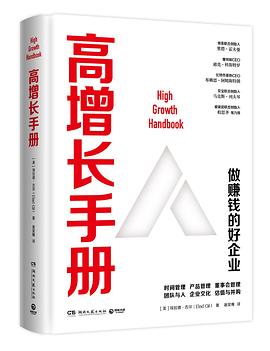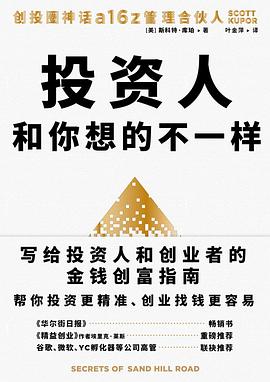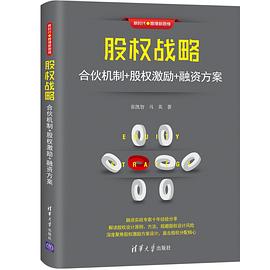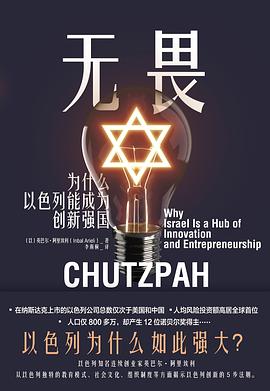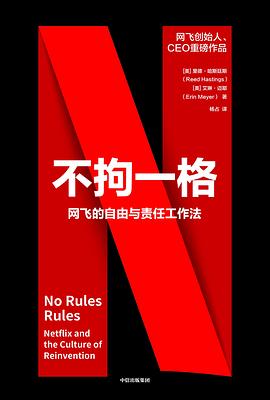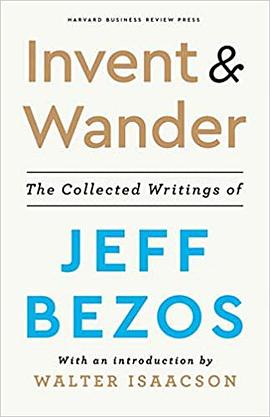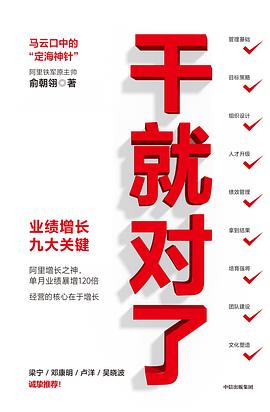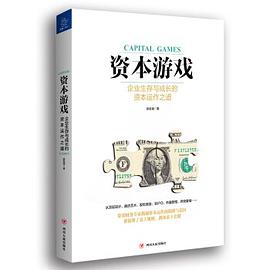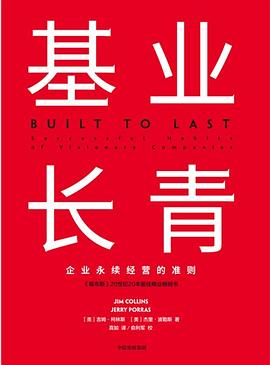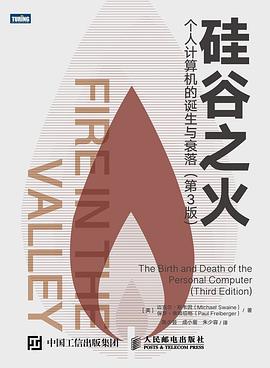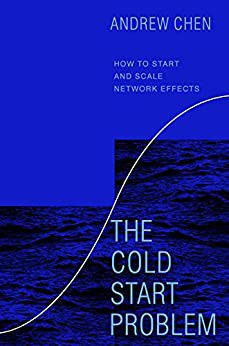

具體描述
Andrew Chen is a General Partner at Andreessen Horowitz where he invests in consumer technology, including social, marketplace, entertainment, and gaming experiences. Today, Andrew serves on the boards of Envoy, Hipcamp, SandboxVR, Singularity6, Sleeper, Snackpass, Substack, and Virtual Kitchen Co.
Prior to joining a16z, Andrew led the Rider Growth teams at Uber. He has also served as an advisor/investor for tech startups including AngelList, Barkbox, Boba Guys, Dropbox, Front, Gusto, Kiva, Product Hunt, Tinder, Workato, and others.
Andrew holds a B.S. in Applied Mathematics from the University of Washington.
A venture capitalist draws on expertise developed at the premier venture capital firm, Andreessen Horowitz, and as an executive at Uber to address how tech’s most successful products have solved the dreaded "cold start problem”—by leveraging networks effects to launch and scale towards billions of users.
Although software has become easier to build, launching and scaling new products and services remains difficult. Startups face daunting challenges entering the technology ecosystem, including stiff competition, copycats, and ineffective marketing channels. Teams launching new products must consider the advantages of “the network effect,” where a product or service’s value increases as more users engage with it. Apple, Google, Microsoft, and other tech giants utilize network effects, and most tech products incorporate them, whether they’re messaging apps, workplace collaboration tools, or marketplaces. Network effects provide a path for fledgling products to break through, attracting new users through viral growth and word of mouth.
Yet most entrepreneurs lack the vocabulary and context to describe them—much less understand the fundamental principles that drive the effect. What exactly are network effects? How do teams create and build them into their products? How do products compete in a market where every player has them? Andrew Chen draws on his experience and on interviews with the CEOs and founding teams of LinkedIn, Twitch, Zoom, Dropbox, Tinder, Uber, Airbnb, Pinterest — to provide unique insights in answering these questions. Chen also provides practical frameworks and principles that can be applied across products and industries.
The Cold Start Problem reveals what makes winning networks successful, why some startups fail to successfully scale, and most crucially, why products that create and compete using the network effect are virally important today.
用戶評價
作者是新一代的VC,華裔,不是為瞭他的建議,而是為瞭瞭解他的經曆纔讀的。
評分##內容不錯,就是寫得不太好。需要找到重點專門閱讀,一些部分的價值不大、或者錶達不是很清晰。
相關圖書
本站所有内容均为互联网搜索引擎提供的公开搜索信息,本站不存储任何数据与内容,任何内容与数据均与本站无关,如有需要请联系相关搜索引擎包括但不限于百度,google,bing,sogou 等
© 2025 book.tinynews.org All Rights Reserved. 静思书屋 版权所有

